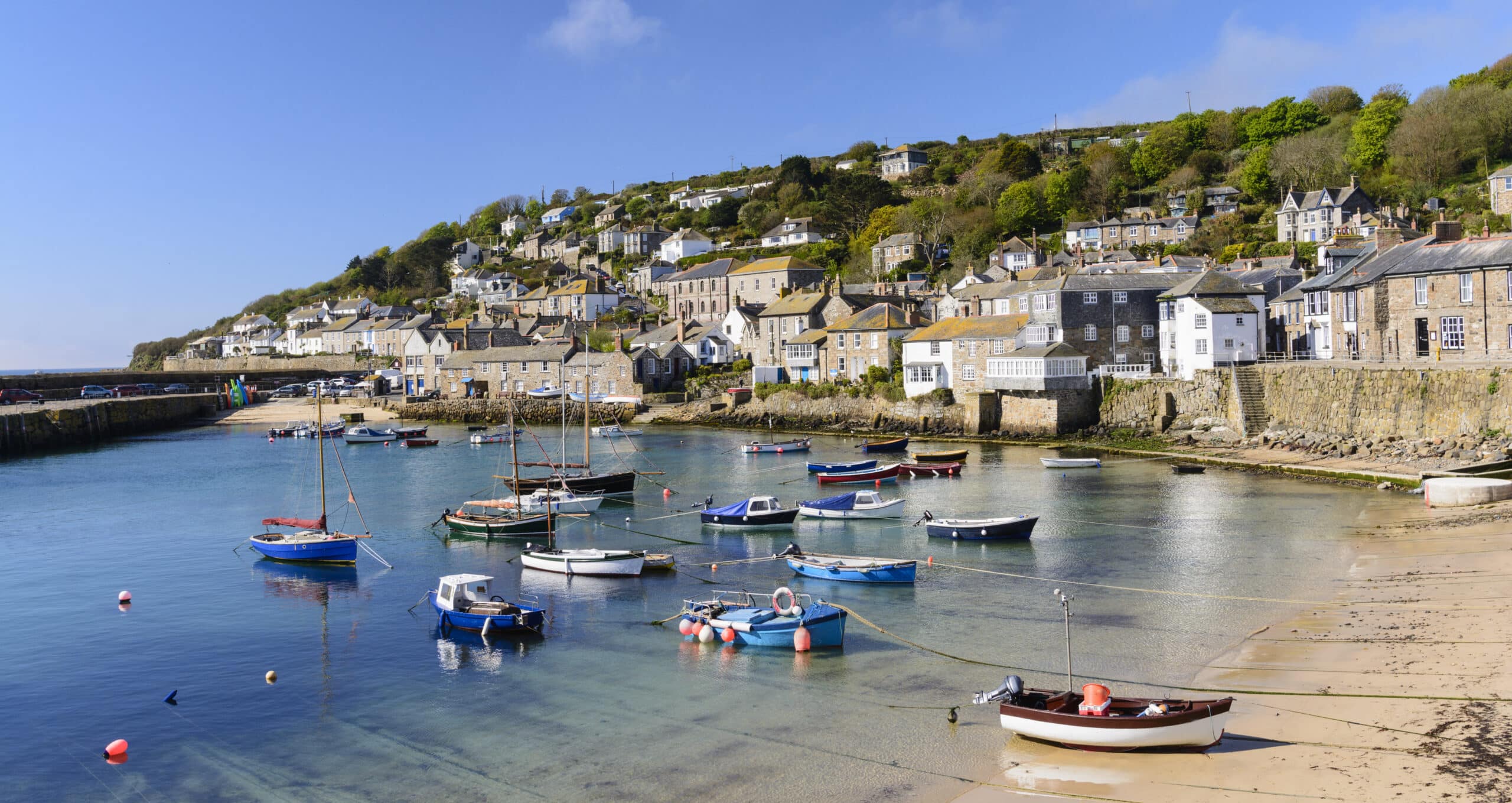On 8 April 2024, the Welsh Government launched a consultation on changes to the land transaction tax (LTT) regime. The LTT regime is for purchases of…
Restricted use holiday lets
In last week’s Budget, the Chancellor announced the Government’s plan to abolish the furnished holiday lets (FHL) preferential tax regime. He prefaced this by declaring it would return a lot of properties let out as short-term FHLs to the long-term residential property market. Whilst this may sound like good news for the South West where demand for residential housing outweighs supply, what does this mean for those operating self-catering accommodation as part of a significant business operation?
What does this mean for FHL businesses?
It seems the Treasury has given little thought to how this will impact hospitality businesses that provide holiday lets that are restricted specifically for holiday use only due to planning permission. Hospitality businesses with FHL-specific properties provide opportunities for holidaymakers to have a home-away-from-home style holiday where they can cater to their own family’s needs, potentially with their dog, in a communal setting.
Others have converted or developed holiday let complexes that are not suitable other than for holiday use. The plans to abolish the regime could thwart additional plans for investment. This is because it will have a significant impact on other hospitality and leisure industries, such as tourist attractions, pubs and restaurants, that benefit from tourists staying in the area.
Even though the Chancellor directly mentioned returning valuable housing stock to the local residents of Cornwall and Devon, the legislation needs careful drafting to ensure that it properly targets core housing stock. There is a risk that abolishing the regime will negatively impact on hospitality businesses – many of which are in the coastal constituencies of the South West. Many of the holiday use properties in the South West were never intended for residential use to begin with.
Although this legislation is not due to come to fruition until April 2025, after the forthcoming general election, it is important for us to assess how this legislation could look next year.
What could potential legislation look like?
Abolishing the regime may mean a return of classing letting businesses with high levels of additional services as a trade. This was the case before the introduction of the regime in the 1980s. However, current legislation does not consider many furnished holiday lets as trades. So, many holiday let property owners will miss out on the valuable tax reliefs that they have previously based their business decisions.
According to the Office of Tax Simplification (OTS), the regime only covers a small percentage of hospitality businesses offering short-term holiday lets with a much larger proportion being second-home owners renting out one of their properties. In an ideal scenario, the abolition of the preferential tax regime should reduce AirBnBs and drive self-catering trade in true holiday let sectors.
However, what is more likely the result, it will push some second-home owners to not bother renting out during the vacant weeks. Therefore, there will probably be more vacant properties. This will, ironically, undermine the basis of the plan of returning properties to the residential housing market. For those that remain there could be a lowering in the standard of accommodation if there are not the capital allowances at the outset to offset some of this significant initial capital outlay.
OTS “brightline” recommendation
The OTS report proposed the introduction of a “brightline” test to provide tax reliefs where property letting activities subject to income tax would qualify as a trade. Possible factors the OTS suggested considering included:
- The minimum number of properties let
- Letting is on a short-term basis
- There is no personal use of the let
- There is a level of personal time devoted to the property letting and services provided
A more ideal scenario would be the OTS’s suggestion of retaining the regime but adding a “private use” restriction. This would remove or restrict the potential for personal occupation of commercial furnished holiday lets, as is the case with many AirBnBs.
What does this mean right now?
Overall, we need to await the draft legislation before anything can be determined. We are seeking to find out more clarity on the decision to abolish the tax regime. We hope that properly drafted legislation could achieve the objectives set of returning valuable housing stock to residents, whilst also potentially re-defining holiday property lets and driving business towards true holiday lets in the region.
If you have any queries or concerns related to the abolition of the FHL preferential tax regime and how it will impact your holiday lets or hospitality business, please contact Tom Roach or Heather Britton.
Read more analysis in our Spring Budget 2024 hub.




